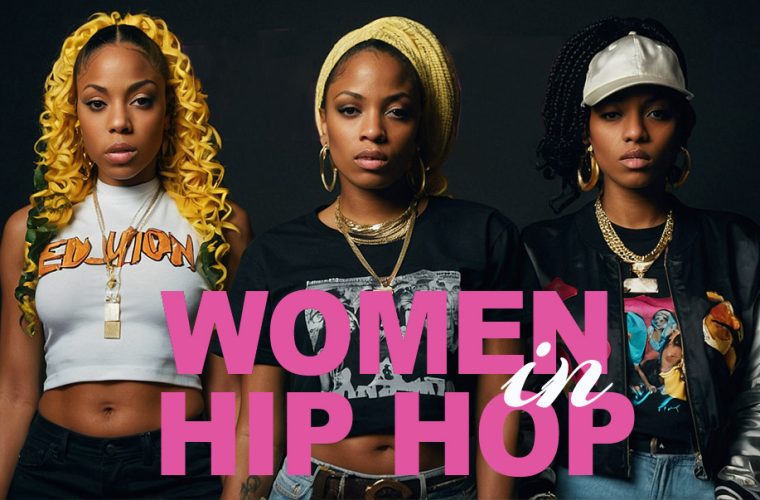
In recent years, the term “Industry Plant” has become a common accusation in music fan circles. But what exactly does it mean and is there any truth to the idea of record labels secretly grooming and promoting artists?
On the surface, an industry plant refers to an artist who is perceived as being manufactured or heavily promoted by a record label rather than organically gaining fame through their talent alone. The term implies that the artist’s success is more due to industry connections and investments rather than their own merits as a musician.
Critics point to signs of an artist suddenly bursting onto the scene with high profile collaborations, placements in ads or playlists, and heavy media promotion. When an unknown artist gains traction unusually fast, suspicions arise that their career trajectory is being carefully orchestrated behind the scenes.
The reality is often more complex. Record labels have always sought to scout and sign promising new talent – that’s simply their business model. Promoting artists via playlists, features and openers is also standard practice.
While some artists do seem to generate a buzz extremely quick, that could be due to any number of factors like striking social media gold and going viral, filling an underserved niche, or just having a solid team supporting them. Jumping to conclusions about industry plants can minimize the real work artists put in to building their careers.
That said, it’s naïve to think labels don’t strategically boost artists they believe in. They invest huge sums into developing talent and have incentive to control optics. Trending topics like industry plants also fuel speculation.
The music industry has always involved strategic promotion – but true staying power comes from connecting with fans authentically.
Accusing an artist of being “fake” or propped up taints their brand image. Maybe the next rising star is genuinely resonating through their work.
Other factors like wealth and connections can also blur the lines. Some artists might have the resources early on to afford top producers, features, and marketing without label help. Does that make their success any less “real”?
On the flip side, many stars hailed as self-made have hidden advantages like family in the business. And even unsigned DIY artists rely on platforms like Spotify for distribution – their path to fame is enabled by the industry too.
In truth, an artist’s rise involves complex layers of circumstances. Reducing it to a single undermining narrative strips away important context.
At the end of the day, fans don’t need to know every behind-the-scenes detail of how artists got access to resources and opportunities. The music itself is what resonates.
If an artist delivers work that feels authentic and emotionally powerful, does it matter if they had some industry backing launching their career? Maybe it’s their raw talent combined with label elevation that allowed them to reach fans at scale.
One newer artist who has faced the “Industry Plant” label is Ice Spice, the Bronx rapper who exploded in popularity last summer with her hit song “Munch (Feelin’ U).”
Seemingly coming out of nowhere, Ice Spice quickly racked up hundreds of millions of streams, memes, and even a Drake co-sign. For some listeners, her meteoric come-up raised suspicion.
Detractors pointed to Ice Spice getting signed, prominent playlist placements, high-profile features like JT of City Girls, and press coverage practically right out the gate. Was her buzz just manufactured hype?
On the other hand, Ice Spice’s supporters argue her viral success stemmed from genuine fan excitement over her unique style and sound. As a young, biracial woman rapping over drill beats with a playful, fashionable image, she filled a lane previously untouched.
Regardless of how much her label may have accelerated things, Ice Spice clearly resonated on her own cultural merits. TikTok took to her organically, helping drive her music up the charts. And she continues to release music that feels authentic to her vision.
While we may never know all the facts behind Ice Spice’s rise, it feels reductive to dismiss her originality as just well-executed industry marketing. More likely, she is an example of how labels identify budding talent early and pour fuel on the fire.
The Nuances of Music Industry Realities
As conversations continue about potential industry plants, we must avoid snap judgments based on surface assumptions. The stories behind artists’ success contain complex layers of both major label maneuvering and independent cultural momentum.
Rather than definitively declaring the next rising star as fake or manufactured, we can take a nuanced view of how systemic advantages intersect with creative potential. While reasonable skepticism is healthy, writing off new voices denies them the chance to blossom and prove themselves on their own terms.
While discussions about industry plants and constructs can educate us about the inner workings of the music business, accusations shouldn’t be recklessly thrown at rising stars without distinction. The sounds and stories of artists ultimately speak for themselves.
Authentic artistry can thrive even in the context of calculated promotion. So let’s pause before crying “industry plant” and give artists room to define their journeys. What matters most is the music anyway – regardless of how it came to be.



